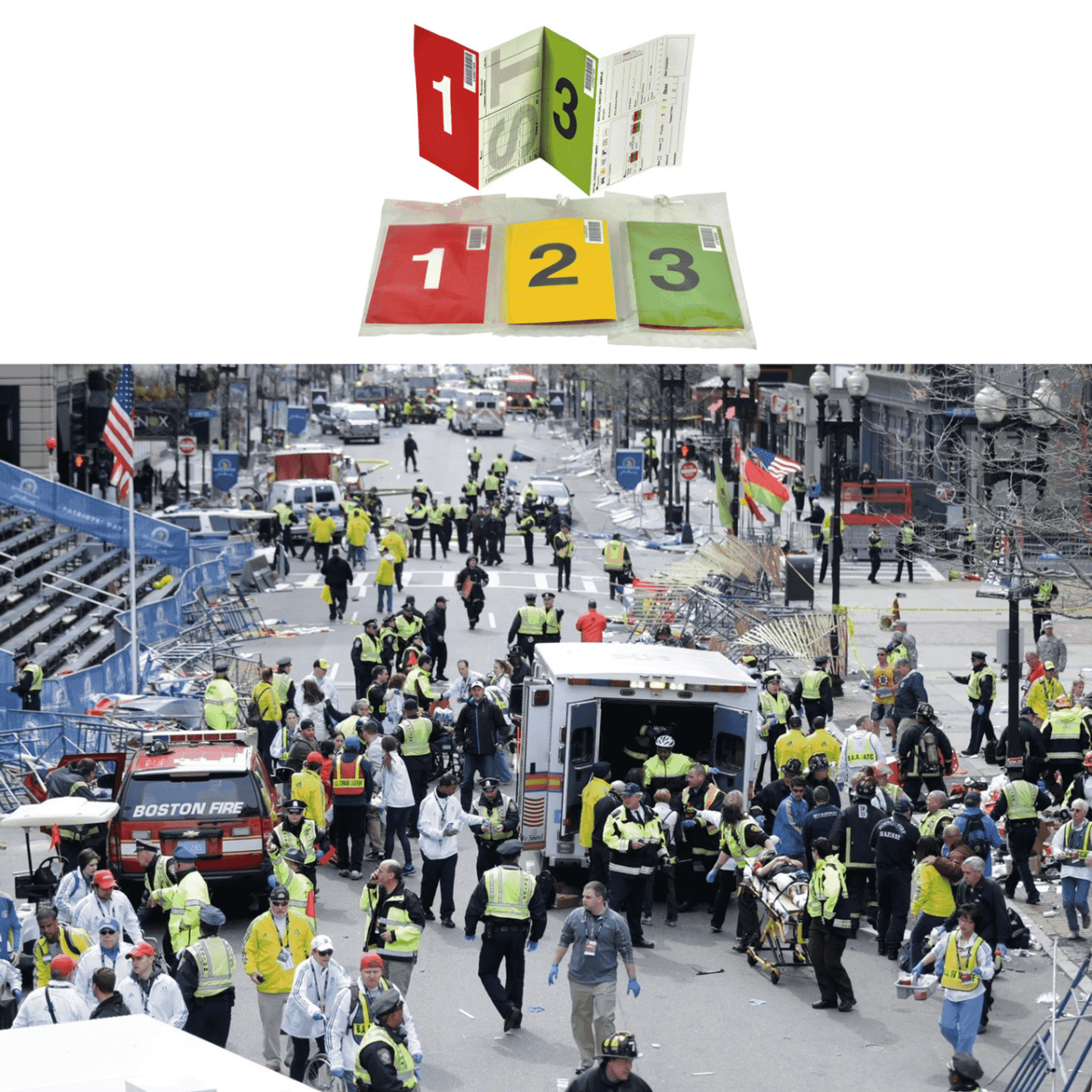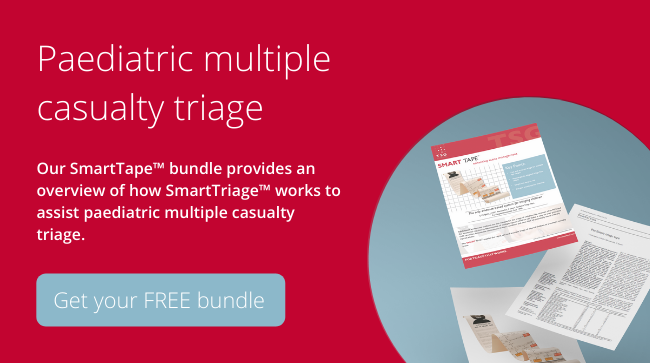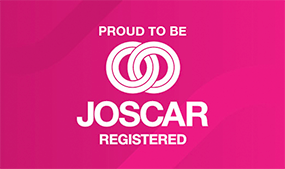
01/06/2022
Three considerations to minimise fatalities during an MCI
In a typical Multiple Casualty Incident (MCI), the range of injuries can be extensive, from minor lacerations to severe haemorrhages, affecting many casualties over a wide area. Other dangerous conditions can also affect many, with less tangible signs and symptoms such as a penetrating wound. The priority of first responders and healthcare teams - onsite and in the hospital, is to minimise fatalities and mitigate suffering to the greatest extent.
Multiple casualty management, by its nature, is challenging; rapid assessment of patients at the incident scene must enable those with time-critical life-threatening conditions to be recognised and receive appropriate treatment promptly. In hospitals, emergency response plans must incorporate surge capacity to withstand the pressure of an influx of casualties with the consideration that casualties may also start to self-present with no prior warning, pre-alert or declaration.
So, in an MCI, what are the main principles that can underpin successful multiple casualty response?
Recognising those who need immediate life-saving intervention
Following an accident, natural disaster, or atrocity, many deaths are preventable if prompt medical care is given to those most in need of immediate lifesaving intervention. Primary triage of casualties deployed quickly in an organised and competent way is necessary to ensure that:
- Casualties who have life-threatening time critical injuries are identified, prioritised and resourced accordingly.
- The most qualified medical professionals are directed to the casualties who need their skills the most.
- Accurate numbers of total casualties and severity are gathered and communicated to enable the wider medical community to prepare
Location response
The medical response to an MCI takes place broadly at two locations: the scene of the incident and local hospitals/treatment centres. Ongoing casualty and facility management in hospital is equally important in order to maximise survival and minimise suffering.
As well as receiving pre-triaged casualties from the incident, hospitals may also receive a surge of casualties who have directly evacuated and self-presented. This can cause a complex mix of casualties that will require a both of primary and ongoing triage.
Clear processes and routines, effective communication channels, and common terminology are all important contributors to a focused response that is free from confusion and ambiguity regardless of location. Plans should consider how to manage a mix of casualties at differing stages of triage.
The use of specialist triage management equipment and agreed terminology can facilitate the rapid and accurate processing of casualties at the incident site and in hospital, assisting decision-making based on accurate assessments of scene dynamics.
Connecting healthcare sites
A well-rehearsed MCI management plan that incorporates accurate reporting and communications is essential for ensuring continuity between the incident site and healthcare facilities involved in implementing the response. The interaction and communications between pre-hospital and hospital providers are critical and should be well rehearsed prior to any event.
Pre-hospital and in-hospital systems should be robust and resilient, with adequate resource distribution to ensure that the most severely injured casualties are given the best chance of survival. Efficient triage enables patients to be treated according to the severity and type of injuries, with specialist hospitals receiving the most appropriate casualties for treatment.
Contact TSG Associates to find out more
At TSG Associates, we design and deliver innovative triage and incident management solutions to support first responders and medical staff during and after MCIs.
Our SmartTriage™ range supports triage systems with the aim of increasing survival rates and minimising suffering. To find out more, please call TSG Associates on 01422 557784.












